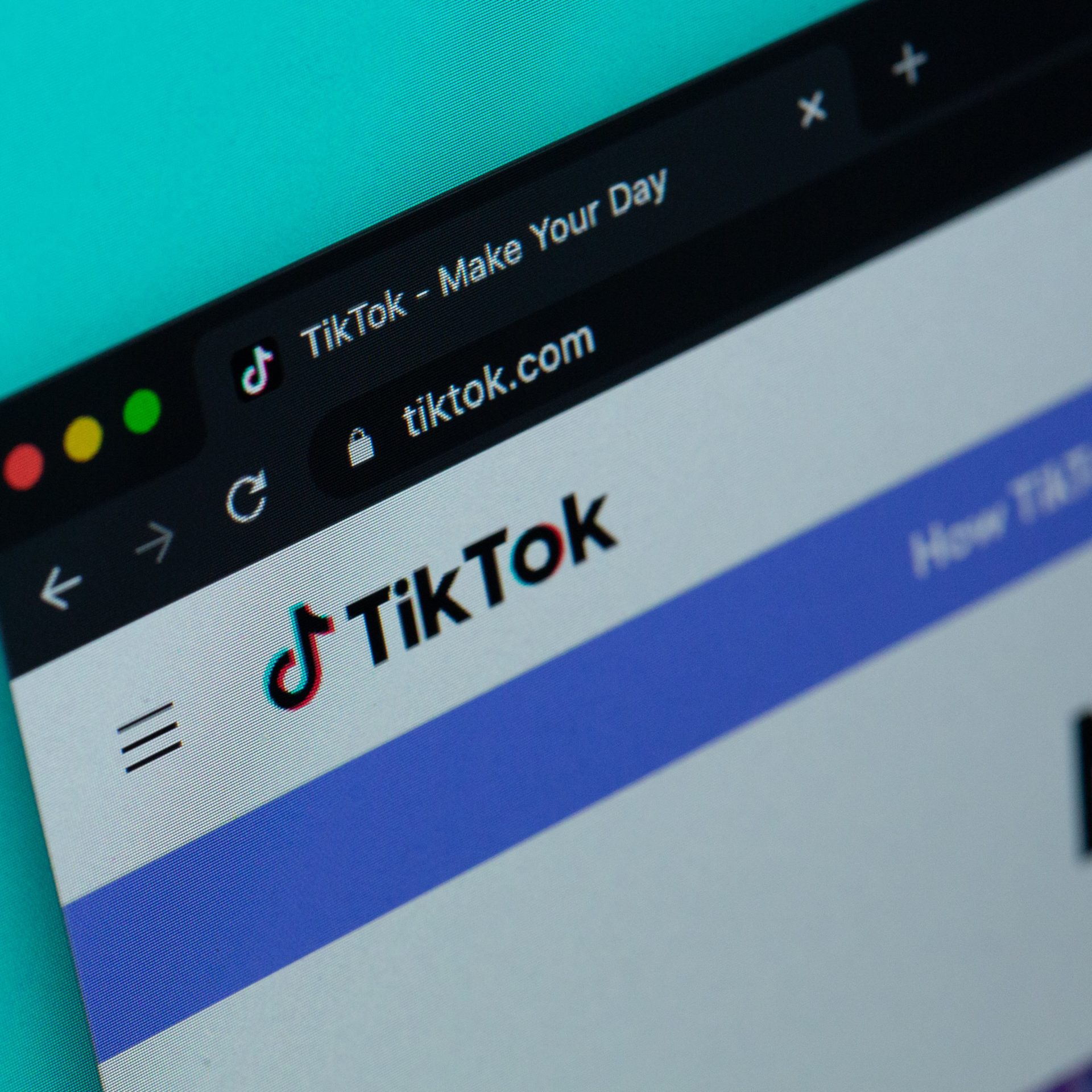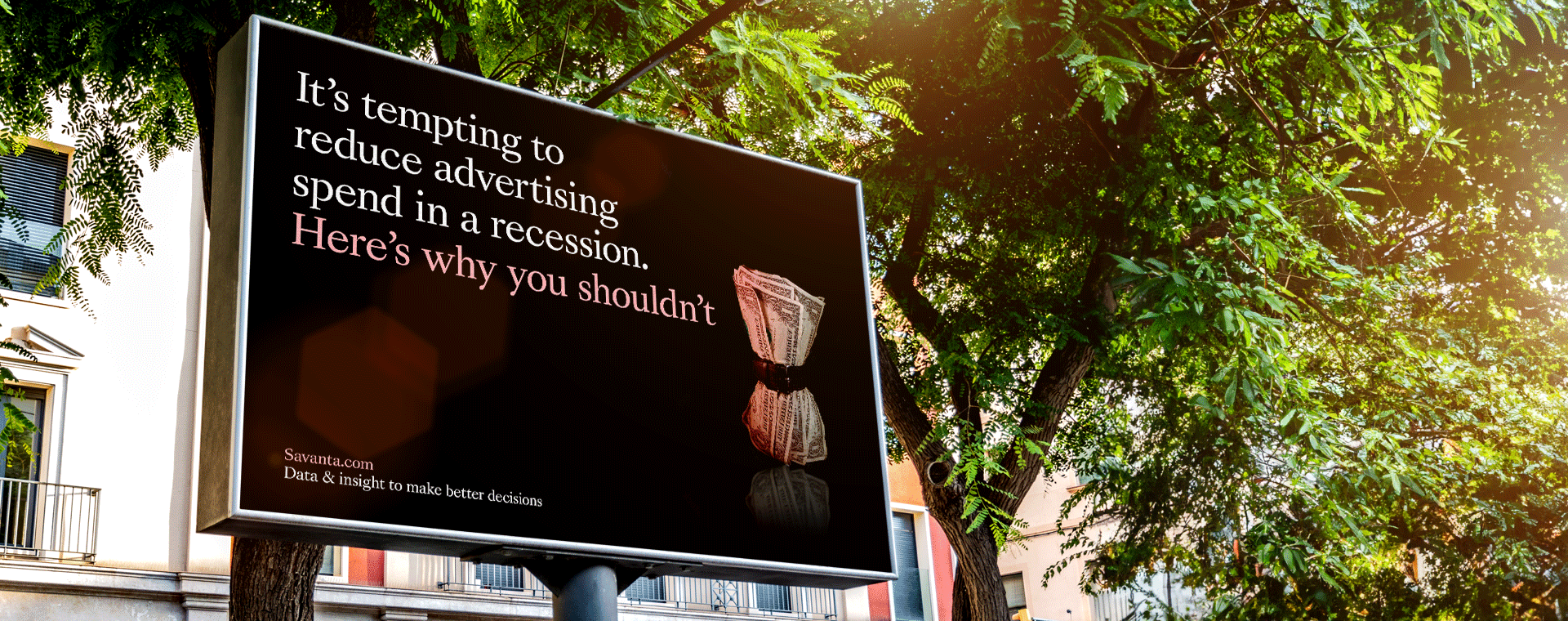

BrandVue’s Most Loved Media Brands 2022
As Google has long served as an iconic search tool for many years now, it seems almost incomprehensible that it could ever be ‘replaced’ by anything.
However, recent data from BrandVue suggests it may be facing some strong competition as the UK’s favourite search engine among Gen Z.
These ‘influencers’ create platforms which provide a distinct sense of community, something which young people were somewhat lacking during the Covid-19 lockdowns.
The emotional tie consumers have towards Google is evidenced through its Brand Love score, placing it at No.2 in our Top 100 Most Loved Media Brands League Table. Google remains in top 3 for Millennials, Gen X and Baby Boomers, yet when looking through the lens of Gen Z, Google slips to 4th position.
So, what are Gen Z searching for?
With Gen Z’s constant desire to access a wide range of information very quickly, video-based apps such as YouTube have their clear advantages. This is supported by BrandVue data which shows that Gen Z are the only age bracket in which YouTube outperforms Google.
Additionally, data from YouthSight’s State of the Youth Nation Tracker – a tracker of the attitudes and behaviours of Gen Z – indicates that YouTube is perceived almost as a necessity for young people, with 76% claiming they would find it difficult to give up the app.
Further data from the State of the Youth Nation Tracker shows that between 2016 and 2021, there was a 16% uplift in Gen Z’s desire to learn through video as opposed to reading, creating an ideal space for the emergence of a wide variety of learning-based YouTube channels. These channels are capitalising on young people’s perception of videos as a far more accessible and engaging way of learning.
Popular channels range from student StudyTubers, including the likes of Ruby Granger (with almost 700,000 subscribers), to professional doctors such as Doctor Mike (boasting 9.32 million subscribers). These ‘influencers’ create platforms in which they are able to help provide young people with not only a trusted source of knowledge, which they may have otherwise had to sift through pages of unreliable websites to locate, but also a distinct sense of community, something which young people were somewhat lacking during the Covid-19 lockdowns.
The rise of TikTok
This desire for a sense of community during the lockdowns is also partially responsible for driving the prominent rise of TikTok – a platform housing an acute algorithm which enables for the delivery of exceptionally personalised content. The platform’s growth has exploded since its launch in 2018, acquiring its billionth user at half the rate of Facebook, YouTube or Instagram.
TikTok has come to provide a particularly tangible sense of community for Gen Z, extending its uses as a search tool further than just for educational purposes. Users are able to share knowledge, advice, opinions and reviews at the touch of a button, with content ranging from tips on how to elevate your workout, to reviews of a wide range of locations and activities, advice on relationships, and much more.
Users seemingly value the transparency and authenticity of content, when compared with articles or websites found on Google, where there is much more of a disconnect between the reader and the author. Whether its tips on how to improve your makeup routine or a local’s view on the best place to eat in town, TikTok is increasingly becoming the most popular platform young people are turning to for answers.
But is the clock ticking on its success?
Infamous for its addictive nature and popularity almost exclusively amongst a young demographic, TikTok has become a somewhat polarising social media giant. Whilst it ranks 5th for Brand Love amongst Gen Z, TikTok only just makes it into the top 10 for Millennials (10th) and further declines amongst both Gen X (22nd) and Baby Boomers (64th).
Additionally, BrandVue data indicates that whilst positive buzz over the past 6 months for Google is strong at 27%, TikTok is falling behind at 19%, whilst negative buzz associated with TikTok is almost double that of Google, at 10%. This arguably controversial nature of TikTok may pose a risk to its long-term potential as a search engine tool.
It appears the longstanding and reputable nature of YouTube, in conjunction with the exciting and novel buzz surrounding TikTok, has provided the perfect online environment for people to access information through video with ease. Whilst this emerging trend is seemingly reflected in Gen Z, it will be interesting to see if, in time, YouTube, and particularly TikTok, develop into an alternative, or indeed preferred, search engine tool amongst older generations too.
BrandVue’s Most Loved Media Brands 2022
Download the full report here to discover the UK’s Top 100 Most Loved Media Brands as well as expert analysis on where the industry is heading and what brands can do to become more loved by consumers.
We also provide an insight into how the No.1 Most Loved Media Brand gained the top spot and whether this can be maintained, take a look at how brands can succeed with multi-generational marketing campaigns, and touch upon what Spotify’s success can teach us about Brand Love.
Access the report here for the full Top 100 league table as well as more media trends and insights.








